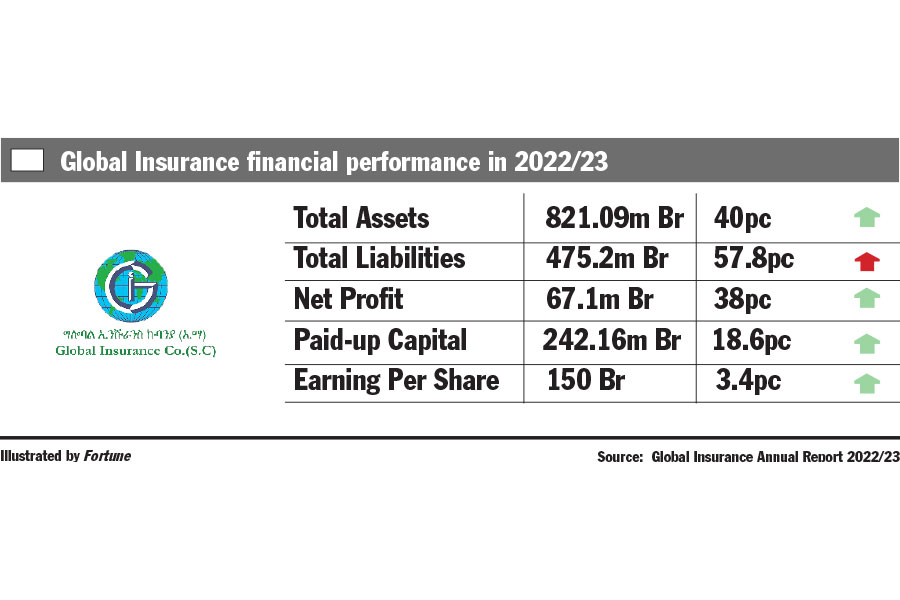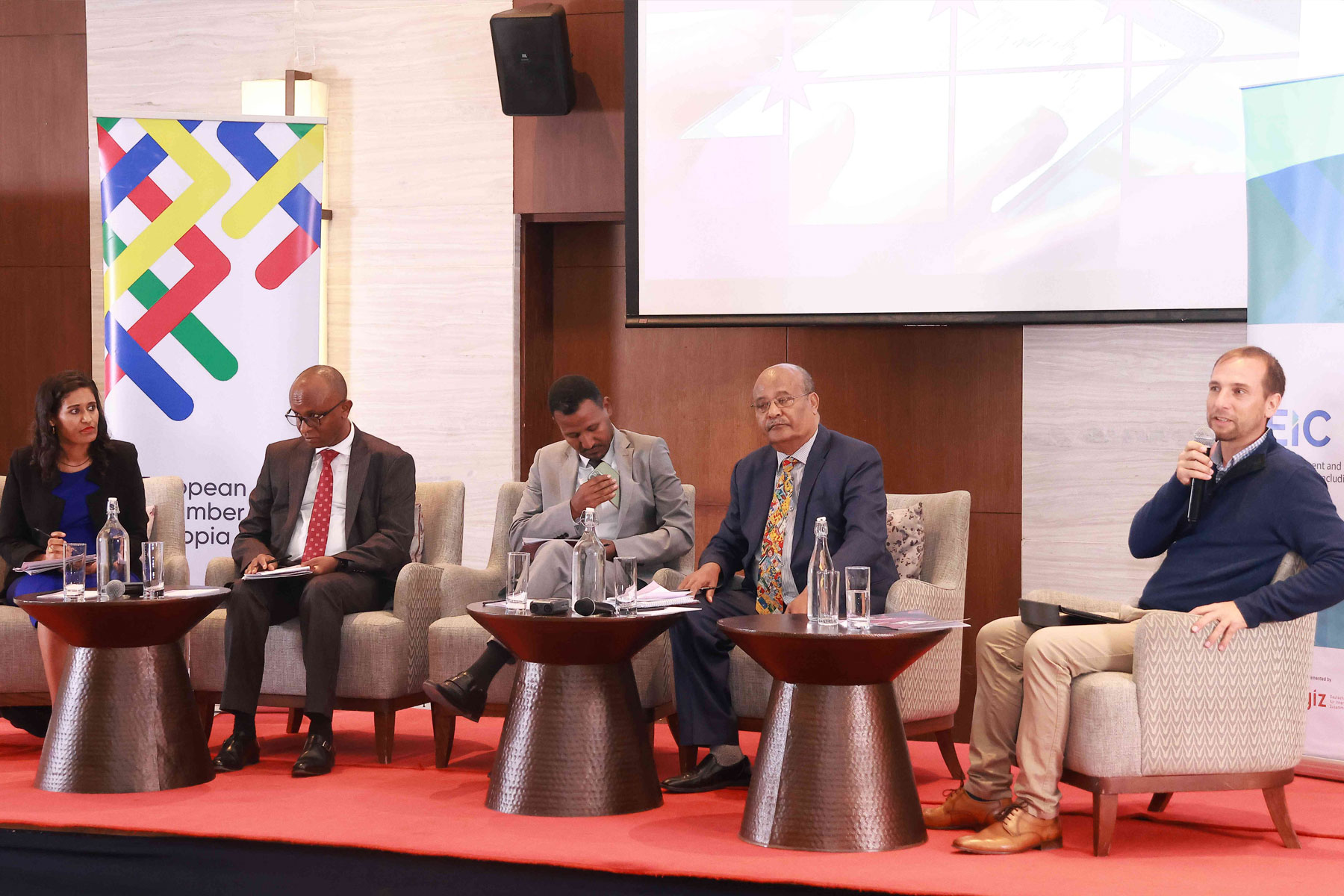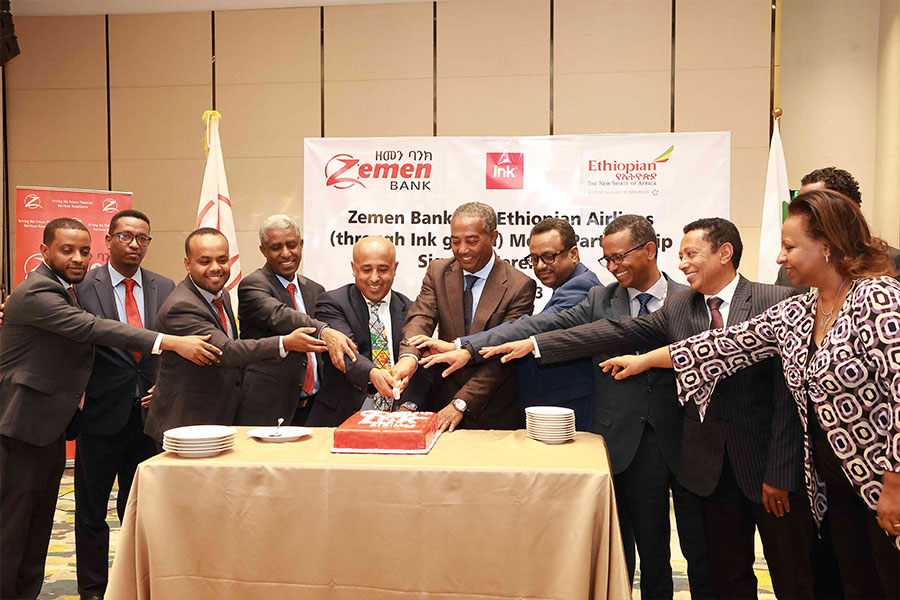
Mar 23 , 2024
By Jayati Ghosh
A significant imbalance exists in the complex web of international tax agreements, favouring developed and disadvantaging developing countries. The debate around the Subject-to-Tax Rule (STTR) encapsulates this struggle, with two distinct proposals from the OECD and the UN vying for acceptance. writes Jayati Ghosh, professor of economics at the University of Massachusetts Amherst, is a co-chair of the Independent Commission for the Reform of International Corporate Taxation. This article is provided by Project Syndicate (PS).
While the technical details of international agreements may seem arcane or even trivial, they often commit governments to policies with major economic consequences. This is especially true for low—and middle-income countries, which have long been the recipients of unfair treaties.
International tax agreements are a case in point. Bilateral tax treaties are rife with inequalities. They tend to be more advantageous for the home countries of multinational companies (MNCs), diverting much-needed resources from developing to developed countries.
Multilateral agreements are not much better. For example, the OECD's Inclusive Framework on Base Erosion & Profit Shifting (BEPS) was supposed to ensure that multilateral companies could be taxed in countries where they operate (as opposed to shifting profits to low-tax jurisdictions). After nearly eight years of tedious negotiations, however, the process has yielded only modest results: a global minimum corporate tax rate of 15pc, well below that of most countries.
According to the South Centre, developing economies will derive few gains from this global minimum tax, which will mainly benefit tax havens.
And now, developing countries must decide between two different versions of a subject-to-tax rule (STTR), a provision that will be added to existing tax treaties to combat tax-base erosion and profit shifting. The first is from the OECD, with advanced economies leading discussions as part of the BEPS process, while the second is from the United Nations Committee of Experts on International Cooperation in Tax Matters (UNTC).
An STTR is an obvious way to eliminate the "double non-taxation" of certain intra-group payments, including interest, royalties, and service fees. Most tax treaties restrict the source country's right to apply a withholding tax to these payments, generally deductible from the payer's business income. This, in effect, erodes the source tax base. Multinational companies can then channel this income to affiliates that act as conduits and are resident in a country that applies low or zero taxes to such income and, crucially, is a treaty partner with the source country.
Including an STTR in all treaties would allow the source country to tax a recipient of such income if the other country does not tax it at an agreed-upon minimum rate.
This may seem straightforward, but the devil is in the details.
According to the BEPS Monitoring Group's comparison of the two agreements, there are crucial differences in the degree of complexity and the scope of taxation rights. The OECD's STTR is complex and limited, applying only to specific income types and payments between connected legal persons, which could exclude many services in an increasingly automated world. By contrast, the UNTC's model STTR is simpler and gives significantly broader taxing authority to source countries, as it covers all forms of income – including capital gains – regardless of whether it is paid to a related or unrelated entity.
The OECD version further reduces the potential for taxation by requiring thresholds (the UNTC version does not contain such a requirement).
The rules apply only to connected recipients with aggregate annual covered income of at least 1.1 million dollars in the jurisdiction or at least 250,000 euros if either jurisdiction has a GDP of less than 40 billion dollars. It adds a further mark-up threshold, which specifies that the income (other than interest and royalties) must be higher than the direct and indirect costs incurred by the recipient, plus 8.5pc. There is no logical – or, indeed, economic – reason for any of these thresholds. They would shrink the tax base and limit revenue potential for the source country, thus serving the interests of multinational companies.
The OECD's STTR would be more complicated for tax authorities because it specifies that collection would occur only in the year "following" that the tax applies, based on tax returns. The UNTC's STTR, however, proposes that the tax could be deductible directly from payments on a current basis. Lastly, the OECD version fixes the minimum tax rate at nine percent, considering the tax paid by recipients, whereas the UNTC version leaves the rate open to negotiation between countries.
Undoubtedly, the UNTC's model STTR would be easier for developing countries to administer and, more importantly, would enable them to generate more revenue. The choice should be a no-brainer, especially because the provision could eventually become part of the multilateral tax convention currently under discussion at the UN.
But despite the UNTC version's obvious advantages, the OECD version is already complete and ready for implementation. The OECD is anxious to get as many countries as possible to sign on to the proposed multilateral instrument at a ceremony planned for mid-2024. Once again, developing countries are coming under pressure to agree to a treaty that appears favourable but, in reality, reduces their potential for revenue generation.
Signing this treaty would prevent governments from adopting a simpler and more effective instrument, like that proposed by the UNTC. Low- and middle-income countries must be aware of these nuances and their implications. The differences between the two treaties may be technical, but they are not minor. If these countries are to benefit from a more just international taxation framework, they must be willing to fight for a better alternative.
PUBLISHED ON
Mar 23,2024 [ VOL
24 , NO
1247]


Commentaries | Feb 01,2019

News Analysis | Jun 08,2024

Editorial | May 28,2022

Fortune News | Apr 28,2024

Fortune News | Apr 03,2023

Radar | Oct 23,2023

Radar | Dec 05,2020

Agenda | Mar 21,2020

Commentaries | Mar 30,2024

Fortune News | Aug 13,2022

My Opinion | 132151 Views | Aug 14,2021

My Opinion | 128561 Views | Aug 21,2021

My Opinion | 126482 Views | Sep 10,2021

My Opinion | 124091 Views | Aug 07,2021





Dec 22 , 2024 . By TIZITA SHEWAFERAW
Charged with transforming colossal state-owned enterprises into modern and competitiv...

Aug 18 , 2024 . By AKSAH ITALO
Although predictable Yonas Zerihun's job in the ride-hailing service is not immune to...

Jul 28 , 2024 . By TIZITA SHEWAFERAW
Unhabitual, perhaps too many, Samuel Gebreyohannes, 38, used to occasionally enjoy a couple of beers at breakfast. However, he recently swit...

Jul 13 , 2024 . By AKSAH ITALO
Investors who rely on tractors, trucks, and field vehicles for commuting, transporting commodities, and f...

Jul 12 , 2025
Political leaders and their policy advisors often promise great leaps forward, yet th...

Jul 5 , 2025
Six years ago, Ethiopia was the darling of international liberal commentators. A year...

Jun 28 , 2025
Meseret Damtie, the assertive auditor general, has never been shy about naming names...

Jun 21 , 2025
A well-worn adage says, “Budget is not destiny, but it is direction.” Examining t...

Jul 13 , 2025 . By YITBAREK GETACHEW
The Addis Abeba City Revenue Bureau has introduced a new directive set to reshape how...

Jul 13 , 2025 . By BEZAWIT HULUAGER
Addis Abeba has approved a record 350 billion Br budget for the 2025/26 fiscal year,...

Jul 13 , 2025 . By RUTH BERHANU
The Addis Abeba Revenue Bureau has scrapped a value-added tax (VAT) on unprocessed ve...

Jul 13 , 2025 . By NAHOM AYELE
Federal lawmakers have finally brought closure to a protracted and contentious tax de...